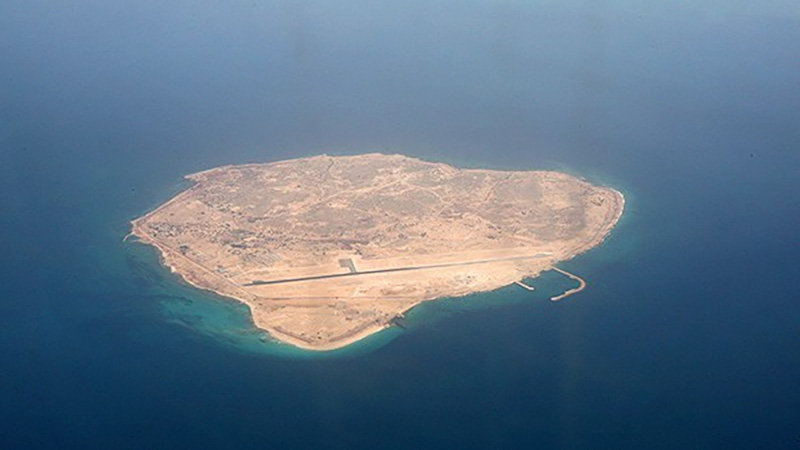Russia, Iran, and the Territorial Dispute with the UAE. Under President Ebrahim Raisi, Iran has carved out an overseas agenda that is a patent departure from the country’s 1979 Revolution-era notion of “neither East nor West,” reflected in a seemingly irreversible estrangement from Europe. It had alarmed tensions with the United States, and a disproportionate investment in deepening relations with Russia and China. By increasing its distance from Europe and keeping relations with the United States in suspended animation, the hardline administration in Tehran has sent an unmistakable message of alliance to Moscow and Beijing. But even among Iran’s apparently uniform ruling class, not everyone agrees that this unilateral fidelity will benefit the Islamic Republic. What is worse, an indispensable plurality of Iranians have negative feelings about their government cozying up to Russia and China and alienating the rest of the world.
Russia, Iran, and the Territorial Dispute with the UAE
The overwhelming outpouring of displeasure at the Islamic Republic’s foreign policy persuaded Iranian Foreign Minister Hossein Amir-Abdollahian to appear on state TV to try to rationalize the rather new turn in how Tehran is defining its place in the community of nations. This is becoming increasingly lopsided in favor of what critics say has remained a one-sided partnership with Moscow and Beijing. He said in a July 18 interview with Iran’s state broadcaster that “The people should not at all think that the Islamic Republic of Iran, with its greatness and power, wants to sell the country to Russia, China, the US, France, the UK, and Germany.”
The minister’s comments came on the heels of a huge backlash following a joint statement issued by Russia. Also, the six countries of the Gulf Cooperation Council implicitly endorse the United Arab Emirates’ territorial claims to three islands in the Persian Gulf. They are currently administered by Iran amid Emirati calls for a diplomatic reassessment of their status. In the statement, support was expressed for the UAE’s efforts to resolve the dispute over the three islands. The islands are Greater Tunb, Lesser Tunb, and Abu Musa. Including a prospective referral to the International Court of Justice (ICJ) for arbitration between Tehran and Abu Dhabi. The statement was released on July 10. It was at the conclusion of the sixth joint ministerial meeting of the strategic dialogue between the GCC and Russia
A Fracas over Tiny Islands
Iranians vented their anger on social media. Shortly after the statement was released over what they saw as a Russian betrayal. This time by approving what was thought to be a barely covert attack on Iran’s territorial integrity. The statement came against the historical backdrop of the Russian Empire’s having manipulated Iran’s territory through post-war treaties in the 19th century. Those were acts that left Iranians with historical trauma and humiliation. Which led to ruffled feathers regarding the UAE’s claims on what is an Iranian red line on sovereignty.
UAE authorities regularly capitalize on every forum, including the United Nations General Assembly. This was to challenge the Islamic Republic for its refusal to engage in negotiations over the sovereignty of the three islands. They are calling it Emirati soil that Iran has occupied. Abu Dhabi has not made the development of relations with Tehran conditional upon the resolution of the dispute. But the lingering nature of the disagreement has placed the two neighbors’ ties in a state of instability. It was also punctuated by spurts of bitterness.
Iranians believe that history leans in their country’s favor on this matter. Under the since-deposed Shah, Iran took control of the British-administered islands on November 30, 1971. Two days before the UAE’s independence from Britain. The Imperial State of Iran withdrew its claim to the island of Bahrain. And it consummated its proprietorship of the three islands in question right before the UAE was formed as an independent state. This was part of a quid pro quo arrangement between Tehran and London.
Read more at arabcenterdc.org


Leave a Reply